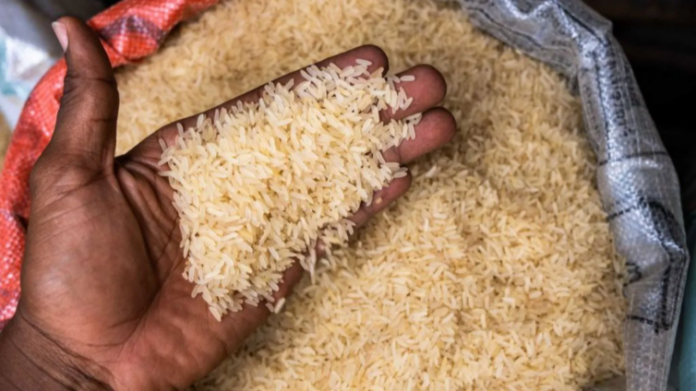The Peasant Farmers Association of Ghana (PFAG) has raised serious concern over the growing grain glut that has left thousands of farmers struggling to sell their produce, warning that the situation could derail the government’s Feed Ghana programme and discourage youth participation in agriculture.
According to the Association, over 200,000 metric tonnes of unsold paddy rice and maize from the last farming season are still stuck in warehouses and fields across the country, while many rice farms remain unharvested. Farmers, they say, are now facing fresh threats from bird invasions, bushfires, and limited harvesting capacity, putting their entire investments at risk.
“We are calling for immediate, transparent, and coordinated action from the government to address this crisis,” PFAG National President Wepia Addo Awal Adugwala said in a statement. “Without swift intervention, many farmers will lose hope and withdraw from production next season.”
Earlier this year, the National Food Buffer Stock Company (NAFCO) announced the release of GHS 100 million to purchase excess produce and set minimum guaranteed prices for maize, rice, and gari. Although farmers welcomed the move as a positive step, PFAG says the promised purchases have yet to materialise.
“To date, farmers have not seen any approved buying companies in their districts. There is no clear data on which areas benefited, raising serious accountability concerns,” the statement added.
In response to continued appeals from farmer groups, the Ministry of Food and Agriculture recently announced an additional GHS 100 million allocation to address the crisis. PFAG has welcomed the gesture but insists that this second phase must be handled with greater transparency and efficiency.
The group is demanding the publication of all companies, locations, and quantities of grains procured with the initial funds, as well as clear timelines for new grain purchases. It also wants the government to publish the full list of approved Licensed Buying Companies, Millers, and Aggregators for direct farmer engagement.
PFAG further urged the government to consider legislative reforms that would require state institutions—such as schools, hospitals, and security agencies—to procure only locally produced rice and maize.
Additionally, it is calling for tighter border controls to curb the smuggling of inferior rice and a temporary ban on rice imports until the local market stabilises.
The Association believes that swift action on these measures would ease farmer distress and protect Ghana’s food security goals.
“Failure to act risks a major setback in Ghana’s quest for rice self-sufficiency,” Mr Adugwala cautioned, adding that a long-term national strategy is needed to fix marketing and distribution challenges affecting not just grains, but vegetables and other food crops.
PFAG says such a strategy would help prevent recurring crises that undermine farmer livelihoods and threaten the sustainability of Ghana’s agriculture sector.



